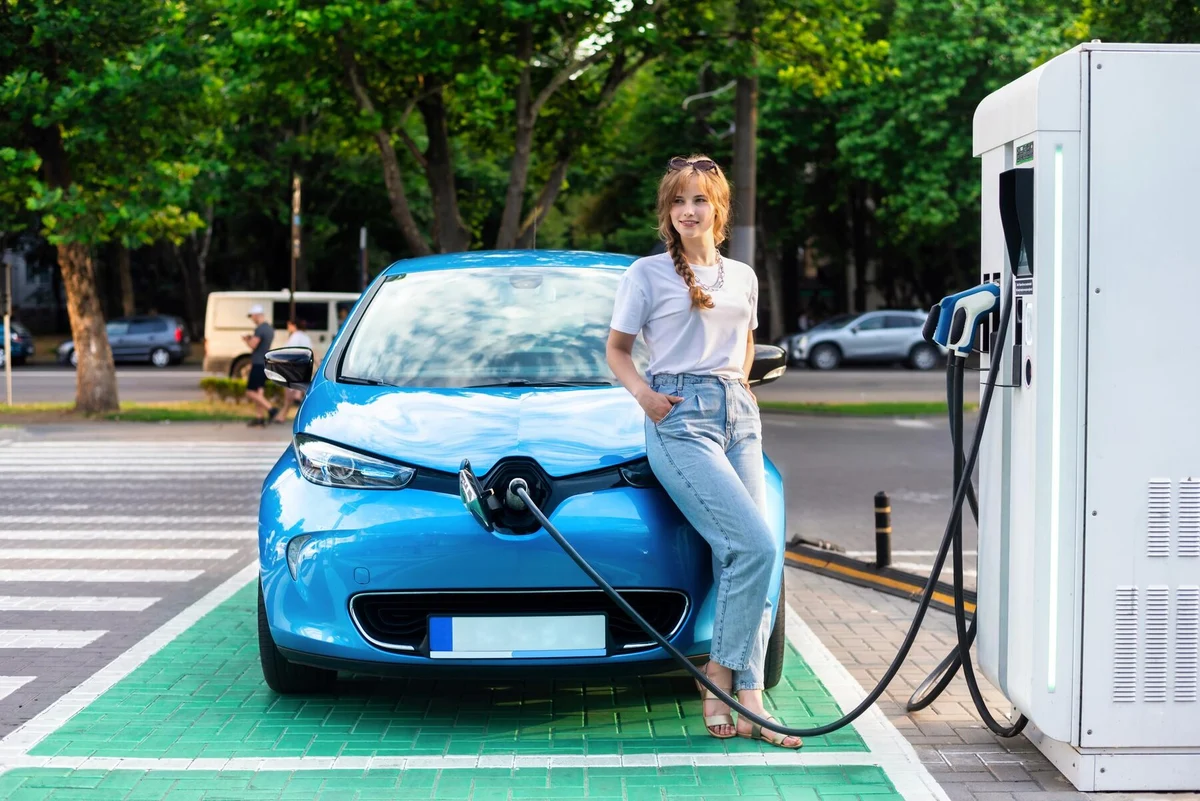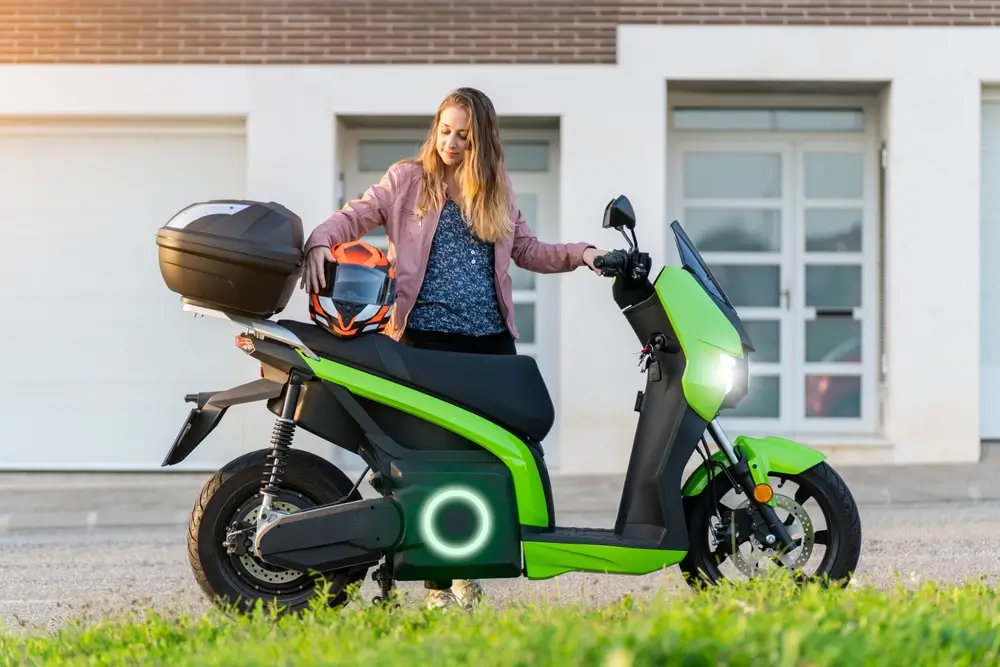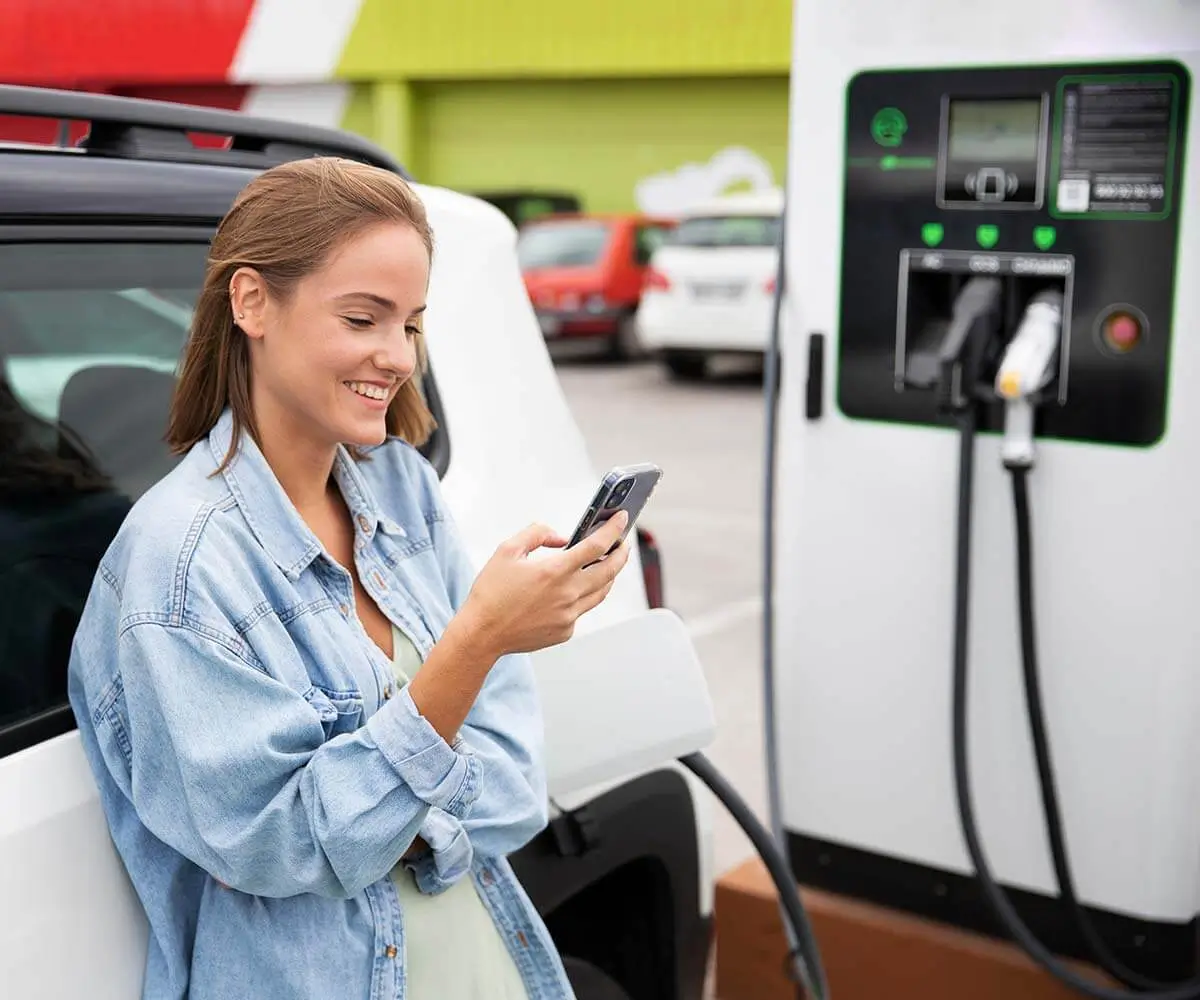The Indian e-commerce industry is going through significant changes. More and more consumers are leaning towards sustainable options, looking for companies that care about the environment. This shift is a big opportunity for leaders in sustainability like Ecomile to establish a strong presence in this rapidly growing market.
Growing Eco-Consciousness Drives Demand for Sustainable Products
Market research has found that there’s a growing desire among Indian consumers for products that are good for the environment.
Growing awareness about environmental issues like pollution and climate change is fueling this shift. Sustainability, once a niche concern, has now become a standard expectation among today’s savvy consumers.
Compelling Reasons for Embracing Sustainability in Business
Ecomile’s commitment to sustainability highlights a strong business case –
- Highlighting the Importance of Using Sustainable Materials
Ecomile is dedicated to using recyclable and eco-friendly materials in every step of its battery production process, aiming to minimize environmental impact from the outset.
- Advanced Manufacturing Facility
Ecomile focuses on thorough testing to ensure batteries meet high standards for performance and safety. Our dedication to sustainable solutions reduces the risk of early failures and replacements while promoting environmental sustainability, leading towards a greener future.
- Batteries Designed for Extended Lifespan
Ecomile batteries are designed to last longer, aiming to minimize waste by reducing the need for frequent replacements. Our goal is to lessen the environmental impact of battery manufacturing and disposal by maximizing battery lifespan.
- Responsibility for Extended Product Lifecycles
Ecomile’s commitment to responsible battery management extends throughout the product lifecycle. We focus on initiatives for battery recycling or safe disposal at the end of their operational lifespan to minimize environmental impact.
Ecomile’s Innovative Lithium-Ion Battery Solutions
Ecomile’s lithium-ion battery technology caters to a diverse range of uses, including:
Electric Vehicles (EVs):
Ecomile specializes in designing advanced lithium-ion batteries for bike optimized for the Indian market to promote the growth of electric mobility.
Energy Storage Systems (ESS):
Ecomile provides reliable and scalable batteries for efficient energy storage in homes and businesses.
Telecom Sector:
Ecomile’s lithium-ion batteries provide reliable and eco-friendly power backup solutions for critical telecom infrastructure.
Join the Green Revolution – Partner with Ecomile for Eco-Friendly Solutions
Choosing Ecomile goes beyond accepting the best lithium ion battery manufacturers in India. It means partnering with a committed advocate for sustainability. Ecomile’s commitment to eco-friendly practices aligns perfectly with the changing preferences of today’s Indian consumers.
Concluding Remarks
India’s e-commerce industry is gearing up for significant transformation, placing a strong focus on sustainability. The growing green initiative within the sector is expected to thrive, shaping a new era. Businesses that adopt and cater to the changing preferences of environmentally conscious consumers are well-positioned to thrive in this dynamic landscape.










